Hello everyone again. More than a week has passed since my first article on this subject. There are several reasons why I am writing Part 2 of the article so late. I had to postpone the 2nd part of the article because I have different business to take care of. Another reason is Rusty's indifference. Unfortunately, this situation negatively affected my motivation! Maybe I should write an article on more important topics. For example, about the dishes that accumulate in the house. Maybe, Rusty will come visit me then because He likes housekeeping more. He's a brainless bot after all :)
Maybe this will be my last post. At least I will not have left my work unfinished by completing the series of articles.
Now, let's conclude our series of articles by summarizing the struggle of a nation led by Mustafa Kemal Atatürk against the imperialist powers of the world.
In my first article, I summarized the conditions of the First World War. Now, I will talk about what a nation that does not accept defeat and fights for existence right after the war has done.
First of all, before the start of World War I, the Ottoman Empire was weakened both economically and politically. Especially the wars with Tsarist Russia that lasted for 100 years were quite abrasive. The empire, which could not follow the technological developments in the world well enough, was also behind in war technology.
As it is written in the history books, the murder of the Archduke of Austria by a Serbian nationalist was only a pretext for the already ripe war. Some thinkers argue that the war was waged deliberately by certain groups in order to overthrow the monarchical regime in the world, and that the assassination of the Archduke of Austria was a spark for the realization of this plan. This is a topic that is broad and detailed enough to be the subject of another article.
Lets continue…
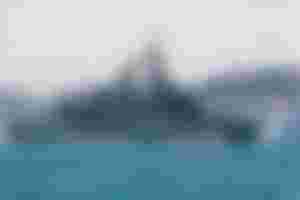
In fact, the Ottoman Empire did not participate in the war when it started. At that time, in the imperial administration, there was a political formation consisting of young officers who dethroned Abdülhamit Han, who was the powerful ruler of the time, with a coup d'etat. This group was the “İttihat ve Terakki Cemiyeti”. This group actually wanted to go to war on the side of England, but their request was not accepted. Many statesmen did not want to go to war. The empire had fought for 100 years and was tired. However, the management group of excited young officers bombarded the Russian coast by hoisting the Turkish flag on German warships to enter the war. This attack on Russia, which was in the group where Britain, France and several other countries united against the Germans, led the empire to enter the war on the side of Germany.
Except for the Çanakkale front, where Mustafa Kemal Atatürk first proved himself, the empire fought against the Russians and the British on many fronts, both in the east and in the south. The weary empire resisted well on these fronts.
When it was learned that the British and French navies were on their way to seize the control of the straits, the German commander Otto Liman von Sanders was appointed to the head of the army sent to defend the Dardanelles.

The first defense was made against British and French ships aiming to reach Istanbul by crossing the Dardanelles. Since the naval power of the Ottoman Empire was very limited, it was planned to prevent the passage of ships by firing artillery from the shore. The Empire had one minelayer, but it had a limited number of mines. The name of this ship was Nusret Minelayer. This ship, after the enemy had finished minesweeping, placed the mines in the sea parallel to the shore late at night to confuse the enemy. This was unexpected for enemy ships and the next day both British and French large ships struck these mines and sank.
The coastal artillery batteries also managed to inflict heavy damage to the enemy fleet. Of course, the ships also inflicted heavy damage by firing the batteries on the shore. Corporal Seyit, who served in one of these artillery batteries, signed an event that went down in the history of world war.
He could not shoot because the mechanism of a cannon that places the bullet in the barrel malfunctioned. Meanwhile, Seyit Corporal lifted the cannonball with a weight of 270 kilograms and loaded it into the ball, and with the shot fired, another large enemy ship was sunk. The statue of the corporal Seyit, which is depicted while lifting the cannonball, still stands in the area where he lived.
The genius of Mustafa Kemal Atatürk began to emerge when the British and French, who could not pass the Dardanelles by sea, took action to seize the region by landing on the shore.
Von Sanders Pasha was not very good at determining where the enemy would land. However, since he was a commander, his orders were followed and precautions were taken where he wanted. Mustafa Kemal, who knew the region better and was a very clever soldier, predicted the area where the enemy would land and was right. Mustafa Kemal, who acted with a small unit under the pretext of patrolling the landing zone, came into warm contact with the enemy. Mustafa Kemal, who correctly predicted the landing zone and took precautions, stopped the advance of the enemy with an extra move and changed the course of the war.
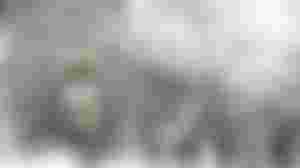
When the soldiers of the unit, which he commanded and whose bullets ran out in a short time when he entered into a hot conflict with the enemy, began to retreat, Mustafa Kemal Pasha ordered the soldiers to attach bayonets and lie on the ground. The order he gave to the soldiers was exactly as follows:
“I do not order you to fight, but to die. In the time that passes until we die, other troops will replace us.”
This move of Mustafa Kemal prevented the landing troops from gaining a solid position by advancing into the interior of the region. While Von Sanders could not make the right decisions in the later stages of the Dardanelles battles, Mustafa Kemal Pasha proved himself thanks to his correct predictions and successful interventions, and was able to be appointed as the commander of the front. Afterwards, he managed to throw the enemy out of Çanakkale with many different moves such as night cavalry raids. Thanks to the Çanakkale victory, Mustafa Kemal Pasha was declared a hero and gained fame throughout the country.
The process that would make Mustafa Kemal Pasha Atatürk started in Çanakkale. I think it would be better to complete this series with a 3rd article because there is still a lot to write about. So I want to take a break here.
See you in the next article…
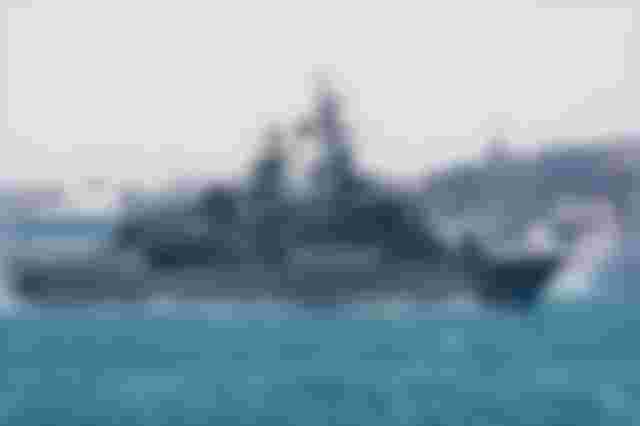
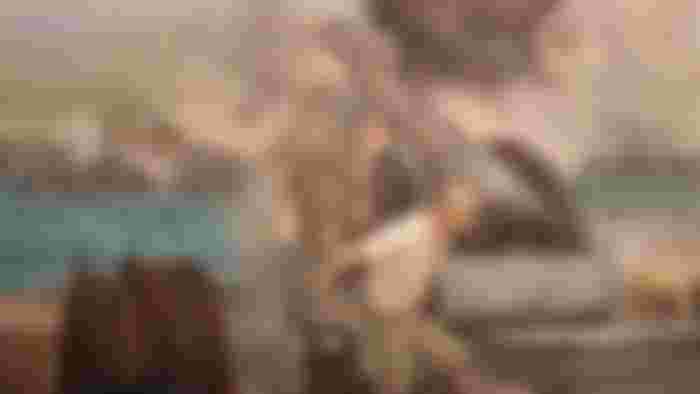
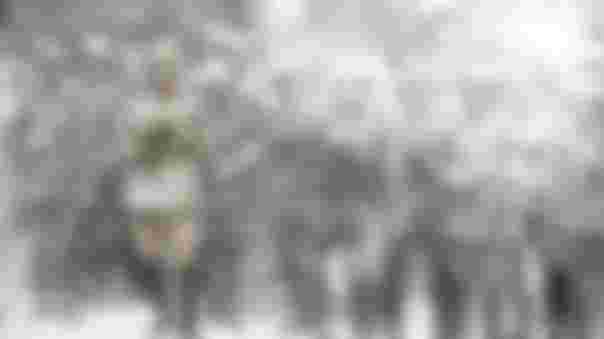
Koca imparatorluğun bitişi ve bugünkü ülkenin kuruluş süreci 1. dünya savaşı. Kendi topraklarında kendi ordunun başına Alman bir subay atıyorsun! Savaşta aynı tarafta olmak bunu kabul etmek için ne kadar inandırıcı, orası muamma. Savaşlar her zaman görünenin aksine görünmeyen taraflar içerir, Atatürk sadece bir deha değil modern, zeki ve asker olmasına rağmen en demokrat kişiden daha demokrat biriydi. En önemli özelliği de ileri görüşlü olmasıydı. Russty ile aran iyi olmadı ama yinede pes tmemelisin.